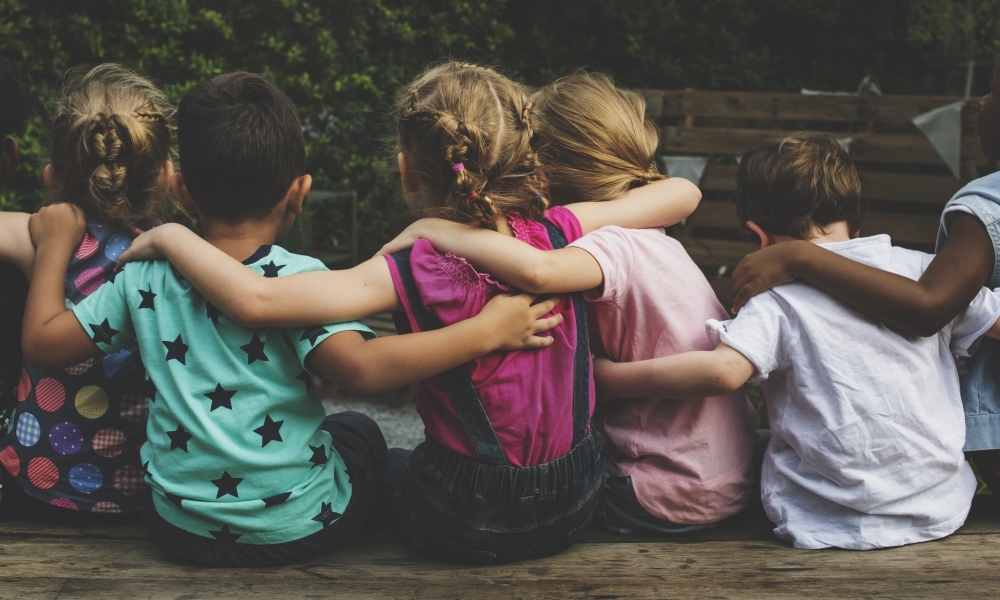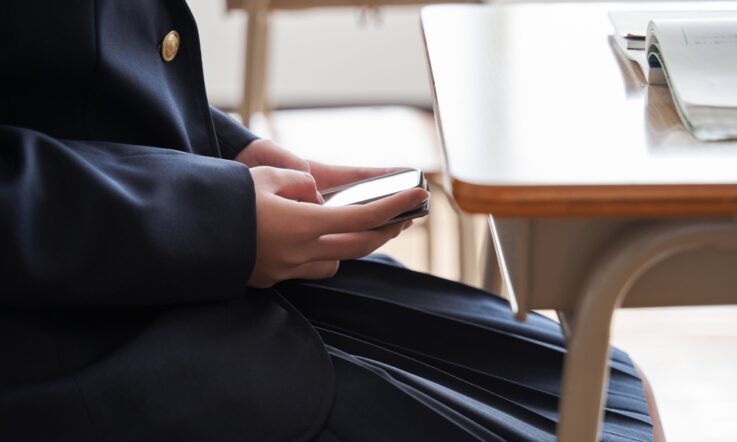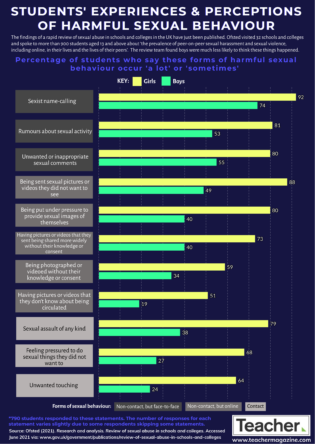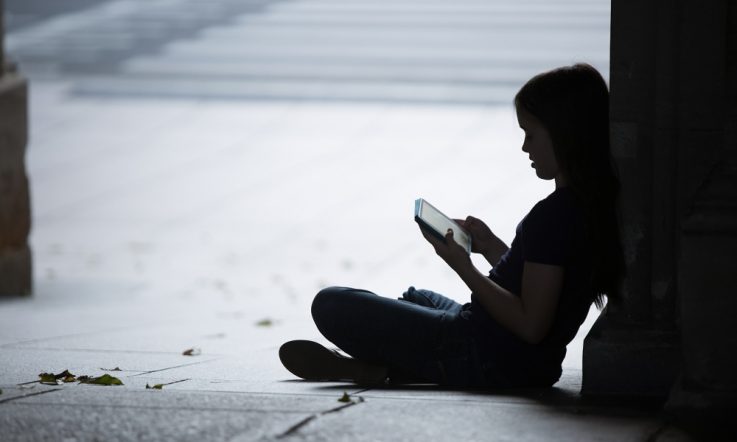Age-appropriate consent education will be mandatory in all Australian schools from 2023. Kit and Arlo Find a Way: Teaching consent to 8-12 year olds is a fictional chapter book created for use in primary classrooms.
In the first instalment of a two-part Q&A with author-educators Ingrid Laguna and Vanessa Hamilton, we find out more about the resource and research about the impact of consent education in schools.
What prompted you to write the book?
Ingrid Laguna: Like too many women I know, I have had my share of non-consensual sexual experiences that have left me ashamed and confused. I kept the ugliness of those experiences secret, and it still sickens me to look back. Early in 2021 I approached Vanessa in her capacity as a sexuality and consent education expert, having been mightily impressed and inspired by a session she delivered to parents when my daughter was nine years old. I proposed we co-create a book on consent and, as it turned out, Vanessa had been wanting to write a book too. Kit and Arlo Find a Way is the result.
Vanessa taught me that consent should be taught as early as possible. Children learn about giving and receiving consent in their younger years. It starts in the playground when they are negotiating an enjoyable game to play with one another. Kit and Arlo Find a Way is not about sex or sexuality, although it aims to lay the foundation for mutually respectful and enjoyable relationships in later years. As children, we learn how to negotiate, express what we do and don’t want, recognise, interpret and understand what others do and don’t agree to. We learn social and emotional intelligence.
Vanessa Hamilton: Early in 2021, I received a phone call from renowned children’s author, Ingrid Laguna. She asked me if I wanted to write a book together about consent and I jumped at the chance!
It was perfect timing, when Ingrid rang, I was in a classroom, preparing for my next grade to come in for their sexuality, respectful relationships and consent lesson. I had literally just taught the preps in the previous session. We had learned all sorts of things about respecting other people, including asking first if you want to hug someone.
A little five-year-old had said to me, while she was colouring in her body boundary worksheet: ‘Gee I’m glad you taught me about that hugging thing – I’ve just been hugging people whenever I want to!’. Her little friend beside her said in an exasperated voice while rolling her eyes: ‘Yeah, she does!’
I thought to myself – I know we can teach consent to five-year-olds, how can we improve consent education?
Can you tell us a bit about Kit & Arlo Find a Way and some of the issues it covers?
We are excited to come together as an experienced children’s author with a consent and relationships expert to create an engaging story for kids, with accompanying discussion prompts and learning activities about all aspects of consent for classrooms.
We’ve written Kit and Arlo as an action-packed and relatable fictional chapter book. It’s a page-turning journey of 11-year-olds Kit, Arlo, Harley and Vanya, developing and exploring friendships. Key topics covered include: Body boundaries and safety; Sense of self, personal strength and self-determination; Responsibility of yes or no should be shared; Courage to withdraw consent; Verbal and non-verbal cues; Empathy; Enthusiastic and ongoing consent; ‘Swap’ instead of ‘stop’; Managing disappointment; Listen to your own truth; Consent and ethics (being an upstander); Consent has laws (i.e., pornography); and, Respectful relationships and better friendships.
How are you anticipating the book will be used by educators?
It was designed and created for use in classrooms – for students in Grades 3 – 6. There are accompanying discussion prompts and learning activities at the back of the book directly associated with each chapter. The learning material is designed to ignite lively and meaningful conversations on the important topic of respectful relationships and consent, in all its nuance.
Teachers and students can read the story, chapter by chapter, in class, and then use the discussion points and ‘read and respond’ notes to facilitate conversations around consent in child-friendly ways with their students. There will also be a dedicated Kit and Arlo digital teaching resource platform (launching 1 June) housing evidence-based teaching activities, videos, webinars, podcasts, resource links and lesson plans designed to tie in with the story.
Compelling as a standalone narrative, Kit and Arlo’s secret weapon is that it contains all the complex components of consent and includes respectful relationships education in an age-appropriate way. We believe this is a vital resource for schools doing the essential work of empowering kids with decision-making skills that will carry through to their interactions and relationships later in life.
What do we know from the research about the impact of consent education in schools?
Vanessa Hamilton: Global research and evidence from programs such as respectful relationships pilots in Victoria and Queensland, have shown that best practice is: consent, respectful relationships and sexuality lessons beginning in early childhood.
In order to solve the epidemic of gender-based violence in Australia, consent needs to be taught from a young age (age appropriately) and be based on a positive framework, well before they are sexually active. Taught consistently, in plain language, relevant and appropriate, with a focus on breaking down rigid gender stereotypes and disrespect, we can create a positive consent culture, where children’s default position is to ask: ‘...is everyone safe?... am I providing a safe space for others? Do I feel safe?’
The explicit nuances and complexities of sexual consent can be taught to older children, so that they make sexual consent a reality of their intimate encounters and so that they come to expect the benefits of consent and know that it is essential to their pleasure capacity journey.
Comprehensive Relationships and Sexuality Education for children and young people has been proven effective in reducing the incidence of negative sexual experiences and sexualised violence whilst promoting healthy relationships and overall wellbeing. International research demonstrates that school-based prevention initiatives and programs can reduce the likelihood that students will go on to experience or perpetrate violence in the future. However, educators need adequate training and support to deliver this.
Kit and Arlo meets the recommendations in a 2021 report (Rose & Coates) from Australia’s National Research Organisation for Women’s Safety (ANROWS). In particular, the report calls for programs ‘to teach young people how to intervene and to seek, refuse and ascertain consent, and how to support those who have been victimised’, that consider gender, age, context and cultural background, and that are implemented across primary and secondary schools, as well as tertiary education settings.
There are clear cultural and social drivers of men’s violence and disrespect against women. These myths and misconceptions need to be challenged, and many of the specific attitudes, beliefs and stereotypes are outlined in the Kit and Arlo story.
As the Australian Government’s respect campaign tells us: ‘It’s important we understand the cycle of violence. Not all disrespect towards women results in violence. But all violence against women starts with disrespectful behaviour. When we excuse this disrespect, it can grow into violence… we can help stop it at the start.’
Kit and Arlo Find a Way: Teaching consent to 8-12 year olds, by Ingrid Laguna and Vanessa Hamilton, is published on 1 June 2022 by ACER Press and available from the ACER Shop.
Stay tuned: In the second part of our Q&A, Ingrid Laguna and Vanessa Hamilton will be discussing what consent education is (and some of the misconceptions), examples of what it looks like for students in primary and secondary, best practice for schools, and some of the challenges faced by teachers and leaders.
References, further reading and resources
Rose, M., & Coates, D. (2021). Reducing relationship and sexual violence: Findings from reviews about the effectiveness of respectful relationships and bystander programs in school and tertiary education settings. ANROWS.
https://www.talkingthetalksexed.com.au/kit-and-arlo shares nine videos to support addressing these topics in the classroom.
https://www.talkingthetalksexed.com.au/talking-the-talk-virtual-classroom A Sexuality Education resource that is based on capacity building teachers to deliver ‘done for you’ sexuality, consent and respectful relationships lessons: Virtual Classroom.
https://www.talkingthetalksexed.com.au/ includes further resources, such as blogs and podcasts.
Sexuality Education resource links: https://vanessa-afdf.mykajabi.com/Links-for-Sexuality-Education-and-Respectful-Relationships-Resources
Ingrid Laguna https://www.ingridlaguna.com/
Kit and Arlo Find a Way: Teaching consent to 8-12 year olds, by Ingrid Laguna and Vanessa Hamilton, is published on 1 June 2022 by ACER Press and available from the ACER Shop.



